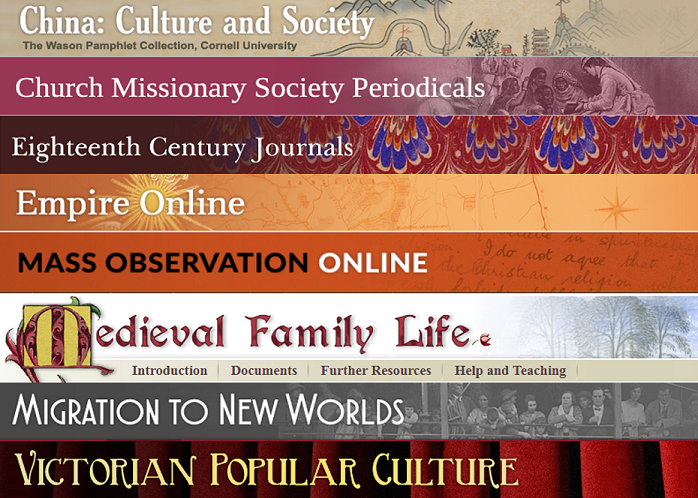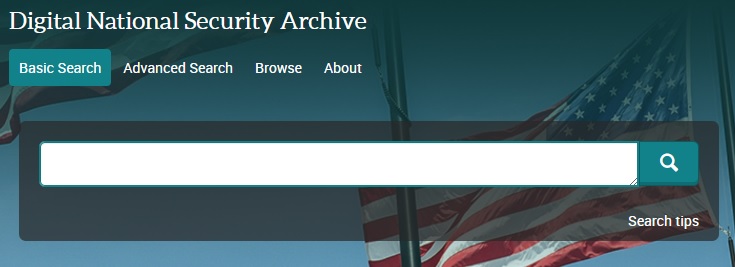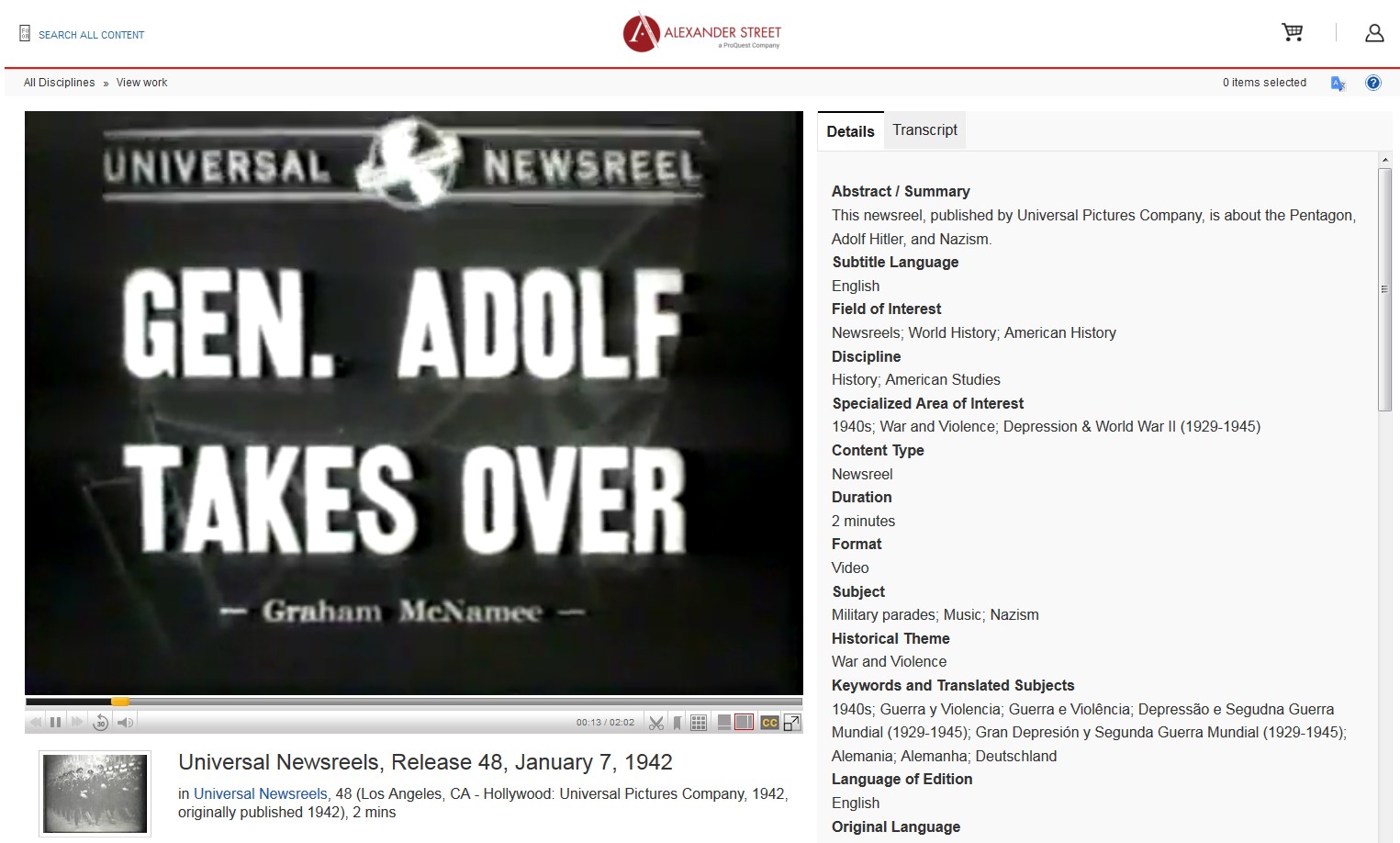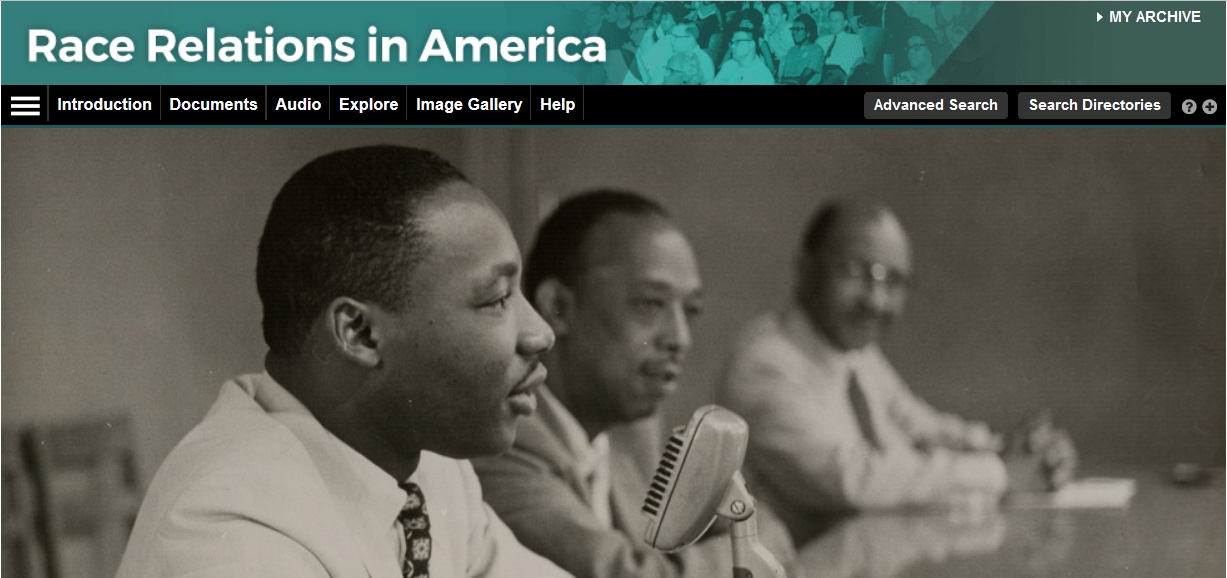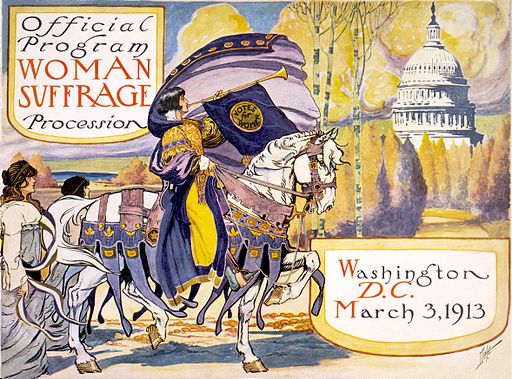Thanks to recommendations from members of staff and requests via RAB from students the Library is continually adding new books to its collections both online and in print. Here are just a (very) small number of the books that have been added to the Library’s collections in semester one, 2017/18 for the School of History, Classics and Archaeology and these demonstrate the wide range of subjects being taught, studied and researched within School.
–> Find these and more via DiscoverEd.
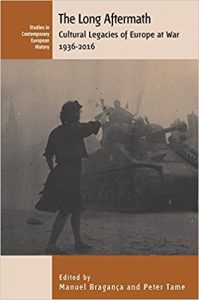 Early Greek portraiture: monuments and histories by Catherine M. Keesling (shelfmark: NB1296.3 Kee. Also available as e-book).
Early Greek portraiture: monuments and histories by Catherine M. Keesling (shelfmark: NB1296.3 Kee. Also available as e-book).
The long aftermath: cultural legacies of Europe at war, 1936-2016 edited by Manuel Braganca and Peter Tame (shelfmark: D744.7.E8 Lon. Also available as e-book).
Race relations at the margins: slaves and poor whites in the antebellum Southern countryside by Jeff Forret (shelfmark: F220.A1 For.)
Beyond conflicts: cultural and religious cohabitations in Alexandria and Egypt between the 1st and the 6th century CE edited by Luca Arcar (shelfmark: BR127 Bey.)
Drawing Lithic artefacts by Yannick Raczynski-Henk (shelfmark: GN799.T6 Rac.) Continue reading “New books in the Library for History, Classics and Archaeology”
